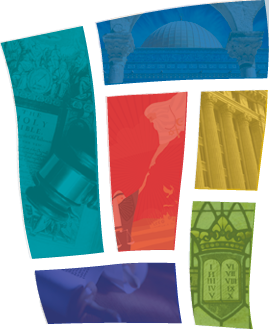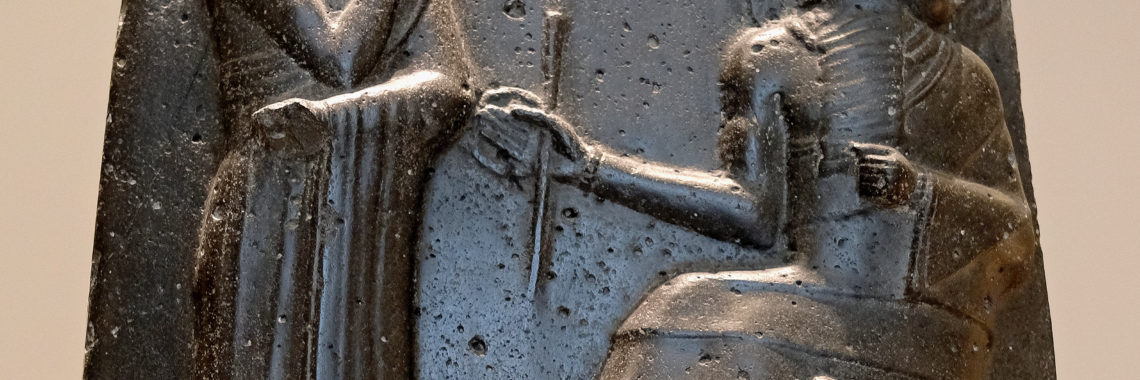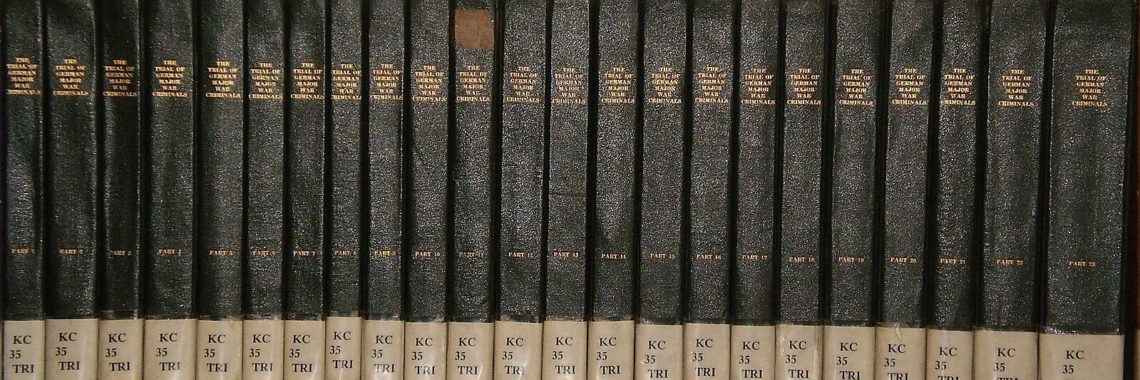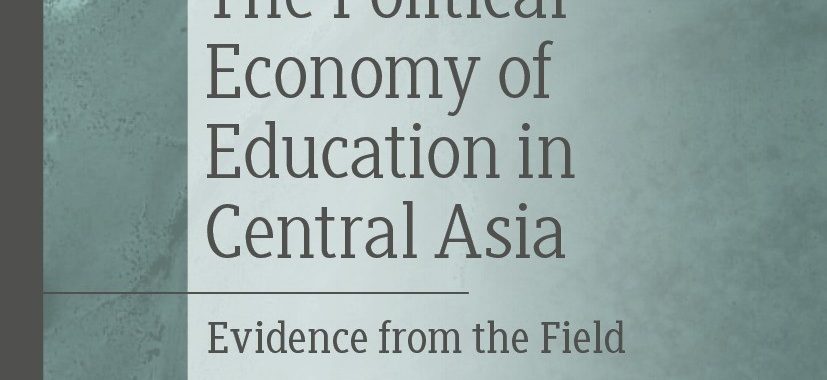“The Stranger in the Hebrew Bible” by Ryan Bonfiglio
Code of Hammurabii via Wikimedia Commons (CC BY 3.0). In a March 5, 2024 headline, the NY Times named immigration as “the biggest issue on Americans’ minds” today. Be that as it may, America is not the first (and surely not the last) society to wrestle with legal and ethical questions related to how one…






